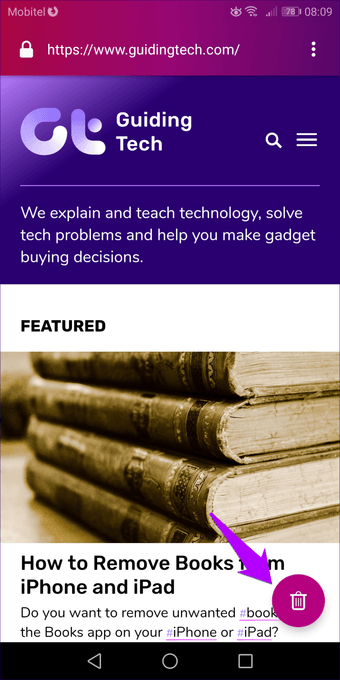

And Apple is marketing themselves as a privacy-respecting company. While DuckDuckGo and Firefox Focus aren't as good, they're still miles ahead of Safari's invasive policies. Winner: Brave Loser: Safariīrave is the clear winner by collecting so little data, and most of it being voluntary. Safari offers virtually no privacy, collecting “User Content,” “Device ID,” “product interaction,” “Browsing History,” and even “Coarse Location.” I’m not even gonna bother going into detail here. The fact that I had to take two screenshots to capture all of Apple’s collected data should tell you everything you need to know right off the bat. A rose by any other name is still a rose. I guess the actual use matters more than the label. Then again, maybe Mozilla just didn't know which category best fit and decided it made more sense in analytics. According to Apple, analytics are used to understand how users interact with the app and improve it, functionality would include minimizing crashes, performing customer support, and other such uses that would be more acceptable in my opinion. I also don’t understand why they collect “Crash Data” as part of their analytics rather than app fuctionality. As with DDG, I don’t like that they collect “Product Interaction” data. Firefox Focusįirefox Focus’s privacy label is more or less similar to DuckDuckGo’s, just in different categories. “Other” data and “Performance” data are also vague and tip off a small red flag. The crash analytics I don’t really mind – it’s important for a developer to be able to identify why a service isn’t working to fix it. Again, according to Apple, that includes “app launches, taps, clicks, scrolling information, music listening data, video views, saved place in a game, video, or song, or other information about how the user interacts with the app.” Not very privacy respecting. While it is useful for a developer to have this information, if one claims to be a privacy-respecting service you have to expect that you’re going to have do without that data. DuckDuckGoĭuckDuckGo says it collects “Product Interaction” and “Other Usage Data,” “Other Diagnostic Data,” “Crash Data” and “Performance Data.” The big one here that really bugs me is “Product Interaction” data. Braveīrave claims – according to their privacy label – to collect only two pieces of data: “Other Usage Data” and “User ID.” User ID isn’t a big deal as based on Apple’s explanation of the categories, this likely refers to information you voluntarily provide like a Brave account name, but “Other Usage Data” is very vague as Brave doesn’t overtly say in their complete privacy policy what information that details. With that said, Apple recently gifted us non-lawyers with a pretty rad little tool called “ Privacy Labels.” So let’s start there. They may not always be telling the truth, but if Company A has a privacy policy a mile long that basically says “we collect and share everything we can get our hands on” and Company B has one that says “we try to collect and share as little as possible unless ordered to by a court,” that’s a pretty indicator where to start. I firmly believe that privacy policies are always the best first place to start when it comes to vetting a new app. Keep in mind that results may vary based on your own device and configuration. I will be organizing each section by alphabetical order (Brave, DDG, Firefox, then Safari).
#Firefox focus vs duckduckgo browser series
So this week, I downloaded Brave, DuckDuckGo, Firefox Focus, and Safari onto my iPhone 6S put them through a series of objective tests.

So what is the best browser for iOS for those of us who want privacy? Well, that’s been on my mind a lot lately and I decided to finally figure this out myself with empirical evidence. Even I will admit that without my set of recommended plugins, I’m hesitant to label Firefox the best choice. With iOS, you can only run stock Firefox.

#Firefox focus vs duckduckgo browser android
For example, in Android you can run Firefox with all the same plugins as desktop (and I recommend that). This can be problematic for security, but for privacy it means more access to various apps that typically offer more flexibility and freedom.

One advantage that Android enjoys over iOS is a very relaxed environment. Once you take the debate to mobile, the argument changes considerably, particularly with iOS. When it comes to desktop, it’s generally agreed upon that either Brave or Firefox (with honorable mentions for Tor and Ungoogled Chromium) is best, depending on how you feel about the companies behind each and what you’re looking for. The “best browser” is a never-ending and often very heated debate that occurs often in the privacy community.


 0 kommentar(er)
0 kommentar(er)
